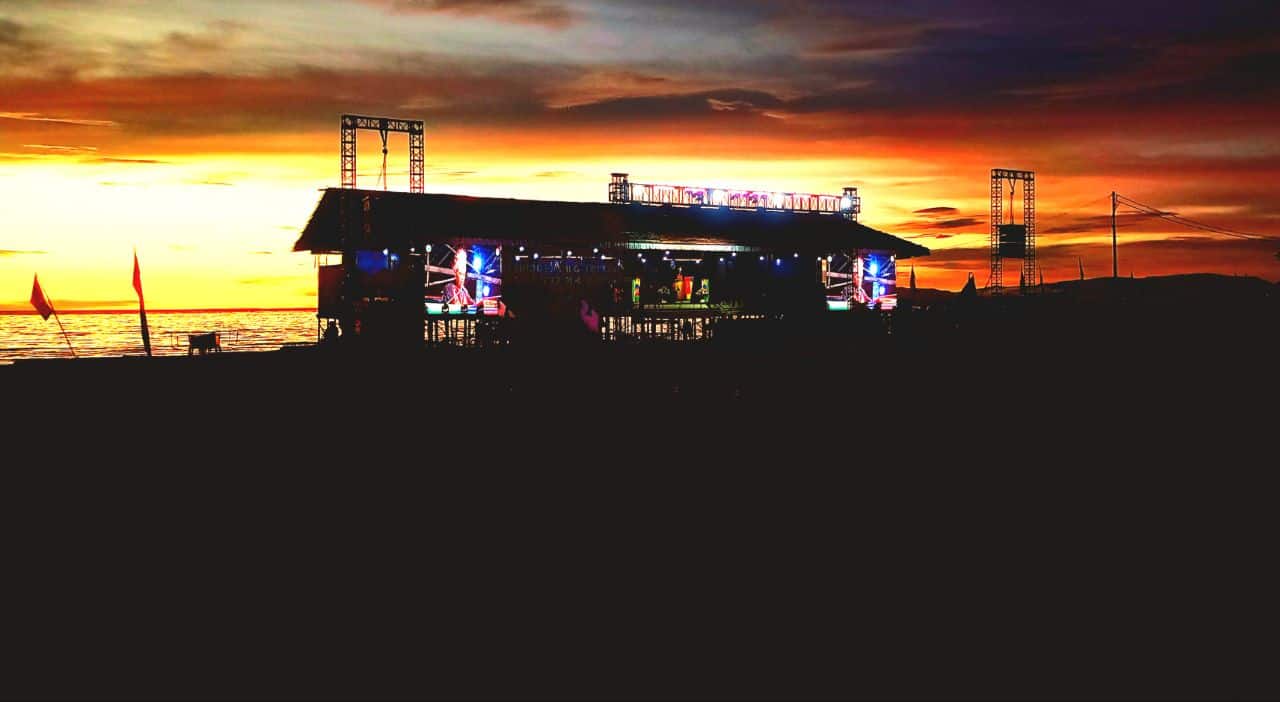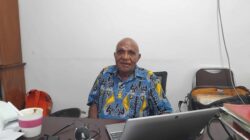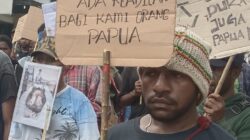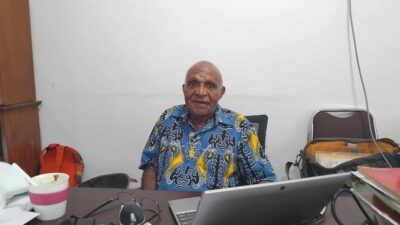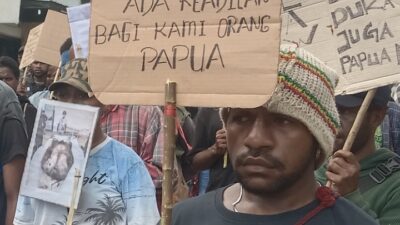Waropen, Jubi – Papua’s Waropen Regency is nicknamed the Land of a Thousand Mangroves. People also called the area pecek land (muddy land). It is so called because most of the area is mangrove forest, with muddy moist soil contours.
“Almost 95 percent of the Waropen Regency area is mangrove forest. The land is always muddy because it is a swamp area,” said Indigenous Papuan rights activist Jhon Imbiri on Tuesday, July 19, 2022.
Behind the thick mangrove forest and the muddy soil of Waropen, there is a lot of economic potential from crabs, or karaka as locals call it, as well as shrimps and bia (shellfish).
“Indeed, Waropen has the potential for karaka, shrimps, and bia. Apart from being self-consumed, they are also sold to increase income. There are actually fishes, it’s just not a lot,” Imbiri said.
Another potential in Waropen, according to Imbiri, is the beauty of Sarfambai Beach in Waren Village, Lower Waropen District. It has a lot of tourism potential as visitors can enjoy the expansive sea while waiting for the sun to set.
“In addition, there is a Jesus Christ Statue on Nau Island. The location could become a religious tourism area. The statue was built by the first regent of Waropen, Ones Ramandey,” said Imbiri.
Nau Island can only be reached by speedboat or the like from Waropen port. It takes about 20-30 minutes to travel from the mainland. The natural beauty of Nau Island is preserved as not many tourists visit the island yet.
This island also has magnificent underwater. Coral reefs and marine life are still preserved in a natural ecosystem. If we are lucky we can see a group of dolphins swimming to the shore.
Moreover, Nau Island also has a beautiful white sandy beach, stretching around the island. It is just that these potentials have not been managed properly. The karaka fishermen only catch in small numbers to meet daily consumption and sell them as additional income, not as the main livelihood.
“Karaka, shrimp, and bia in Waropen are only sold by residents to the local market. It has yet to be sent outside Waropen, even though this has promising potential if managed properly. Likewise, a breakthrough for tourism management is as much needed,” said Jhon Imbiri. (*)


